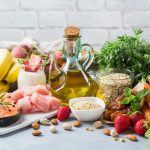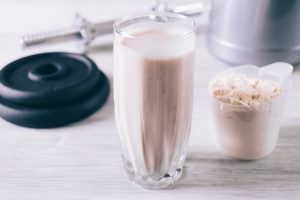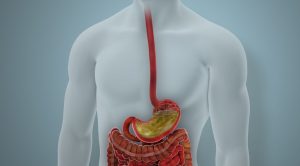
A healthy diet can help keep prostate cancer in check, a new study finds. The better a man eats, the less likely his low-grade prostate cancer will progress to a more dangerous state, researchers reported Oct. 17 in the journal JAMA Oncology. For every increase of 12.5 points in a zero-to-100 healthy eating scale, men were 15% less likely to have their grade 1 prostate cancer progress to at least grade 2, and 30% less likely to have it progress to grade 3 or greater, results show. “While there have been previous research studies looking at diet and its relationship to prostate cancer, we believe that ours is the first to provide statistically significant evidence that a healthy diet is associated with a reduction in risk of prostate cancer progressing to a higher grade group, as shown by a reduction in the percentage of men on active surveillance experiencing grade reclassifications over time,” said co-senior researcher Dr. Christian Pavlovich. He’s a professor in urologic oncology at the Johns Hopkins University School of Medicine in Baltimore. For the study, researchers tracked the data on 886 men diagnosed with grade 1 prostate cancer between January 2005 and February 2017. Grade 1 prostate cancers are indolent, don’t look very different than normal tissue, and haven’t spread to other parts of the body. All of the men completed a… read on > read on >



























-300x231.jpg)











